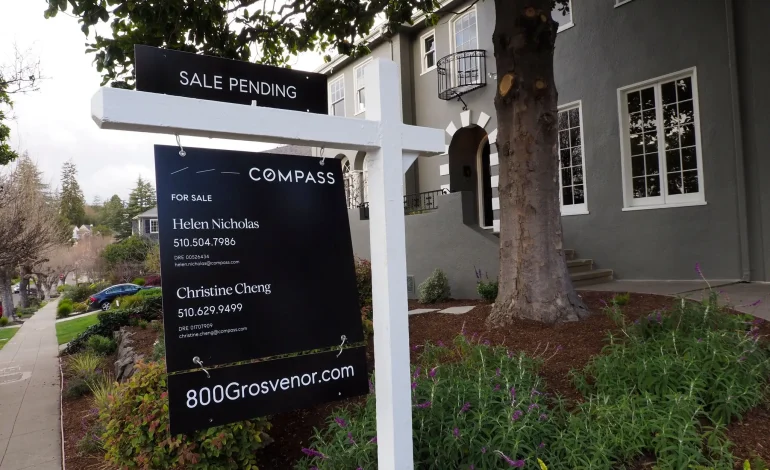Real estate brokerage Compass has filed a federal lawsuit against Zillow, alleging the online real estate platform is engaging in anticompetitive practices that violate US antitrust laws.
The dispute centers around a new Zillow policy that bans home listings from its website if they appear on any other platform more than 24 hours prior.
Filed in the US District Court for the Southern District of New York, the lawsuit challenges what Compass refers to as the “Zillow Ban.” The rule, announced in April and implemented on May 28, aims to prevent listings from appearing first on competing sites or in exclusive arrangements before being published on Zillow.
Zillow says the policy is intended to promote fairness and transparency for buyers.
“When a listing is publicly marketed, it should be accessible to all buyers,” a Zillow spokesperson stated, emphasizing the goal of avoiding a fragmented market and ensuring broad access.
Compass, however, argues the policy limits how agents and sellers can market properties and unfairly favors Zillow’s own business model. In the complaint, Compass claims that Zillow is leveraging its dominant market position to prevent competition from platforms that do not monetize listings in the same way.
“This lawsuit is about protecting consumer choice,” Compass CEO Robert Reffkin said in a statement. “No one company should have the power to ban agents or listings simply because they don’t follow that company’s business model.”
Compass currently uses a three-stage marketing strategy: beginning with a private exclusive listing shared within its network, followed by a “coming soon” listing on its website, and finally publishing the home on public multiple listing services (MLS), including syndication to third-party sites like Zillow.
According to Compass, nearly half of its home sellers in the first quarter used this phased approach. The company says the early marketing steps help sellers test pricing strategies and gather feedback before going to broader market exposure.
Zillow contends that such practices reduce listing transparency and hinder access for buyers, especially in a market already challenged by low inventory and high prices. The company maintains that its policy benefits both buyers and sellers by ensuring listings are widely available once marketed publicly.
The lawsuit names Redfin and eXp Realty as allies in Zillow’s policy but does not list them as defendants. Compass argues that the “Zillow Ban” creates a “walled garden” in online real estate, making it harder for buyers to find homes listed first elsewhere and limiting competition from platforms with different business models.
Compass has retained antitrust attorney Ken Dintzer, known for leading the US Department of Justice’s case against Google, to represent the company in this case. The lawsuit seeks an injunction to block Zillow from enforcing the 24-hour listing rule and requests a jury trial and unspecified damages.
With input from CBS News, ABC News, and the New York Times.










The latest news in your social feeds
Subscribe to our social media platforms to stay tuned